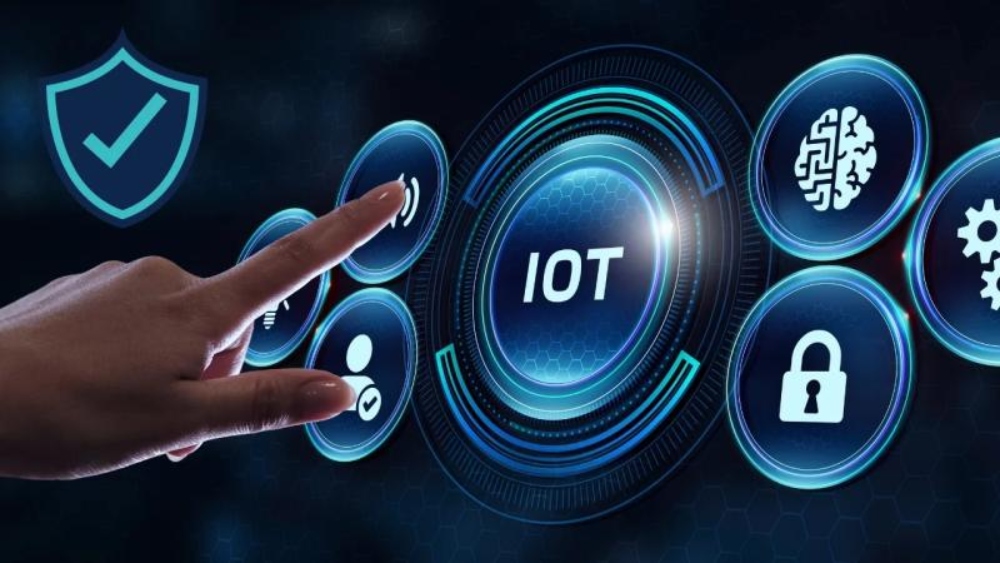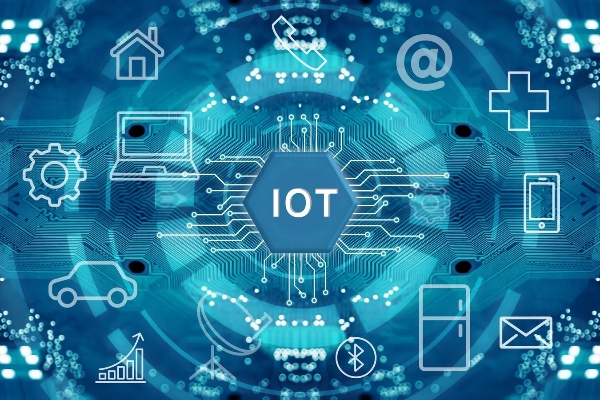Comments
- No comments found

When you look at lists of technology types that will define the world going forward, things like AI and blockchain come up.
Right alongside them is the Internet of Things (IoT), which defines devices whose functionality is centered around data sharing over the Internet or similar networks.
What's great about this tech is that it's not only in existence in the present, it has a lot to achieve in the future. An experienced IoT development team naturally has its finger on the pulse regarding what's to come, according to Temy. Here, let’s discuss the future of IoT development and check not only advancements but also concerns. Without further ado, let's dive in!

To understand where IoT will be going forward, we have to see where it has been recently. For the uninitiated and those who need a recap, the devices in IoT, connected to networks have sensors, software and other pieces of tech that allow them to function. As it stands, the number of IoT devices globally was roughly at 16 million, as of 2023, and the uses of it have been numerous. For those uncertain of their role in the IoT space, perhaps the following uses will be familiar to you:
In wearable watches or clothing that can track health, fitness and other things
In transport and logistics wear devices like GPS trackers, cameras and other sensors can help gather vital data across the supply chain
Smart homes that use technology to enable owners to monitor and manage smart appliances and functions remotely
In traffic oversight, where the use of our own mobile devices within vehicles can help show the conditions of various routes, as well as provide bits of information
In agriculture, where sensors can be used to provide vital information regarding the viability of soil, as well as automate irrigation
It's pretty fair to say that IoT already has a prominent place in modern life. But what about the future? Well, there are several things that many see as going to happen and among the most notable are the following:
This isn't so much of a prediction as it is a spoiler. If you look back to the link above showing where things were in 2023, it shows that by 2025, the number of IoT devices on Earth will have already crossed 20 million. By 2033 that number would have doubled. Granted the numbers in themselves are estimates, but the principle, which is the great increase, is certain.
Any IoT development company or individual expert will tell you that this technology is vulnerable to all sorts of attacks from the likes of malware and DDoS attacks, which use IoT devices to act. These will only increase in number going forward and will need a response. Fortunately, people realize this and have taken action by ensuring that certain security trends currently being seen, happen and the best of these are:
Authentication
Data encryption
Network security via firewalls
Intrusion detection and prevention systems
Secure APIs
Because IoT will only keep getting more traction, it's almost certain that security will become the priority of not only governments, but the various industries using the tech. It is crucial to adhere to privacy laws like the CCPA. As such, the future will more than likely see standardized regulations and laws that all have to follow.
While we're speaking of security, it's only right that we look at how other pieces of tech are likely to influence IoT. The two most prominent of these are artificial intelligence and blockchain tech.
With AI, responses to threats can happen much faster, as large amounts of data can be analyzed in a moment and this will only improve as the tech gets more advanced. Al's role naturally won't end at security, as via its nature, it can take over tasks that humans would otherwise perform inefficiently, like in factory machinery. What blockchain tech does is create transaction records that can't be changed, thus ensuring that the data within is exactly what it is.
Looking at real-life objects or processes to gain data in real life may be a hindrance to objectives as they occur, but if a digital version of these were in existence, a lot of issues would be avoided. This is exactly what digital twins do and through them, key pieces of data can be extracted in real-time to help processes.
What's great about them is that you can use them in various fields from health care and retail to manufacturing. Suffice it to say, a lot more of these are going to be seen going forward.
The adoption of 5G across the world is quite noticeable, to say the least and the speed that it provides will only allow for greater connectivity between devices. This will grow the space even further, making certain of future innovations on their part.
With the advancements in IoT already in existence and set to come, smart cities are only set to become more common as the years go by. In these cities, things such as the aforementioned road traffic, energy consumption and development can be handled more smartly.
By reading the above, it's fairly obvious that IoT technology is not only a fixture of the present, but the future. An IoT development agency aware of this will naturally seek to build on what has already been established, which, as the above has shown, will grow the technology.
With the tech's growth throughout the world, there will be many challenges, especially on the security front, which said terms will then have to be addressed. The rise in prominence of IoT will only continue this trend of problem-solving, which certainly makes the future an interesting place to live in. So, let's actively see how things play out.
Leave your comments
Post comment as a guest